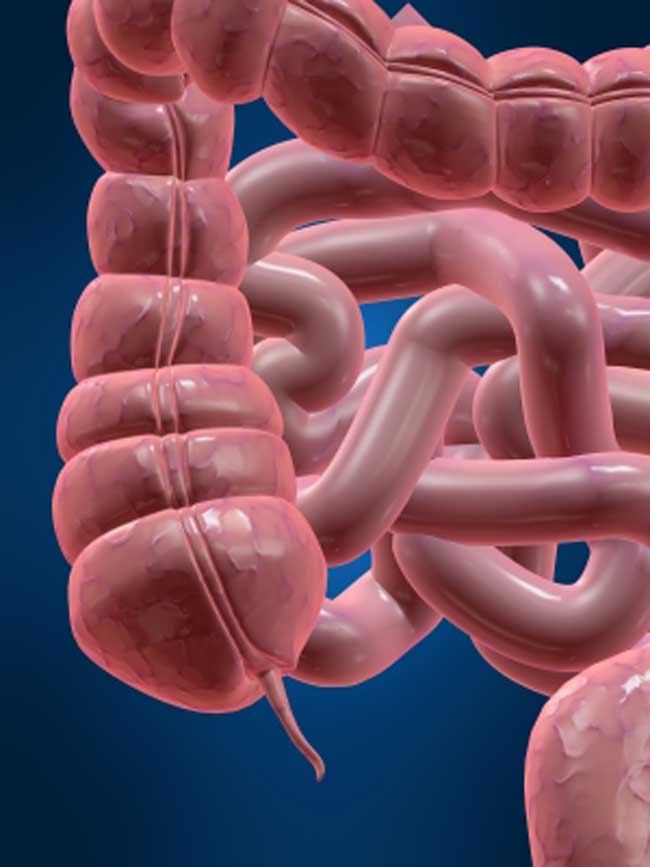The Appendix: No Longer a Footnote?

Get the world’s most fascinating discoveries delivered straight to your inbox.
You are now subscribed
Your newsletter sign-up was successful
Want to add more newsletters?

Delivered Daily
Daily Newsletter
Sign up for the latest discoveries, groundbreaking research and fascinating breakthroughs that impact you and the wider world direct to your inbox.

Once a week
Life's Little Mysteries
Feed your curiosity with an exclusive mystery every week, solved with science and delivered direct to your inbox before it's seen anywhere else.

Once a week
How It Works
Sign up to our free science & technology newsletter for your weekly fix of fascinating articles, quick quizzes, amazing images, and more

Delivered daily
Space.com Newsletter
Breaking space news, the latest updates on rocket launches, skywatching events and more!

Once a month
Watch This Space
Sign up to our monthly entertainment newsletter to keep up with all our coverage of the latest sci-fi and space movies, tv shows, games and books.

Once a week
Night Sky This Week
Discover this week's must-see night sky events, moon phases, and stunning astrophotos. Sign up for our skywatching newsletter and explore the universe with us!
Join the club
Get full access to premium articles, exclusive features and a growing list of member rewards.
Nobody's really sure why we humans have an appendix, and some biology textbooks still refer to the pinkie-size organ, located near the juncture of the large and small intestine, as a "vestigial organ."
But lately, researchers have been closing in on the function of the appendix: William Parker, an immunologist at Duke University Medical Center in Durham, N.C., has suggested the organ functions as a critical "safe house" for gut bacteria.
According to the safe-house hypothesis, during times of infection when dangerous microbes overrun the intestinal tract, the appendix releases beneficial gut bacteria after the immune system has eliminated the invading microbes.
The possible need for an appendix is gaining additional support among medical researchers, and the evidence is coming from evolutionary biology.
A team of researchers, including Parker and Heather F. Smith, an evolutionary biologist at Midwestern University in Glendale, Ariz., have found that an organ like an appendix has independently evolved at least 32 different times in different mammals across the evolutionary tree.
Their report, published in the latest issue of Comptes Rendus Palevol, strongly suggests that the once-dismissed appendix does in fact play an important role in mammalian health.
Though the scientific community is still unsure of the exact nature and function of the appendix, many agree that this research is an important step toward understanding the still-mysterious organ.
Get the world’s most fascinating discoveries delivered straight to your inbox.
"I salute the authors for creating an extraordinary database," Randolph Nesse, an evolutionary biologist at the University of Michigan, Ann Arbor, told Science. "The conclusion that the appendix has appeared 32 times is amazing."
Follow LiveScience on Twitter @livescience. We're also on Facebook & Google+.

 Live Science Plus
Live Science Plus










